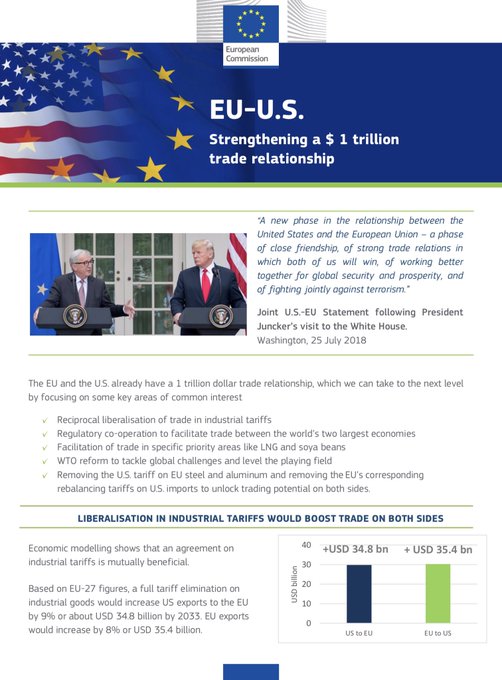United States House of Representatives Speaker Nancy Pelosi has criticized President Donald Trump for imposing tariffs on the European Union rather than combining economic forces to tackle China.
“I thought one of the biggest opportunities was for the US and the EU to join together - the biggest market in the world, the two combined - and use that leverage in negotiations with the Chinese,” Pelosi told an audience at the London School of Economics on Monday.
“So I wasn’t pleased when the President put tariffs on the EU because you kind of started to weaken that strength vis-a-vis China,” she said.
Pelosi's comments come a week after Trump threatened to impose tariffs on 11 billion dollars worth of goods from the EU, citing the harm that the bloc's subsidies have allegedly inflicted on the country.
rump has also described the EU as “a foe” in trade, referring to its trade surplus with the US as a risk to the American economy.
Meeting in Luxembourg on Monday, EU ministers, however, approved a mandate to settle the matter with the US.
The EU mandate, nonetheless, excludes talks over agriculture products, which US officials have been keen on discussing with their European partners.
Following the decision earlier on Monday, European Trade Commissioner Cecila Malmstrom told a press conference that the EU is ready to negotiate with the Americans "as soon as they are".
Last May, Trump imposed steep tariffs on steel and aluminum imports from several countries, including most prominently from EU member states.
In retaliation, the EU slapped tariffs on American goods such as tobacco and motorcycles June last year.
Trump responded by threatening to impose tariffs of up to 25 percent on European auto imports, which would have a far greater impact on the European economy.The rift with the EU comes as the US has also imposed heavy tariffs on Chinese imports for what Trump has described as China's "unfair" trade policies, prompting Beijing to impose its own retaliatory tariffs.
Several rounds of talks to end the months-long "trade war" have so far been held between Washington and Beijing. It is still not clear whether the two sides have approached a deal, according to the latest reports.






 With today’s adoption of the negotiating directives for trade talks,
With today’s adoption of the negotiating directives for trade talks, 










